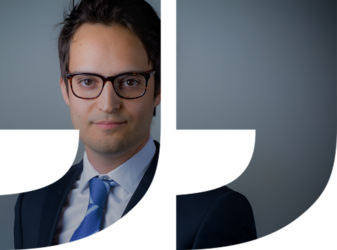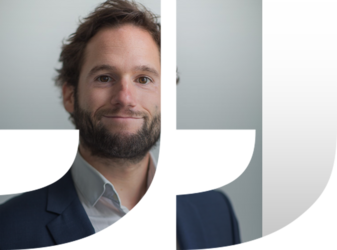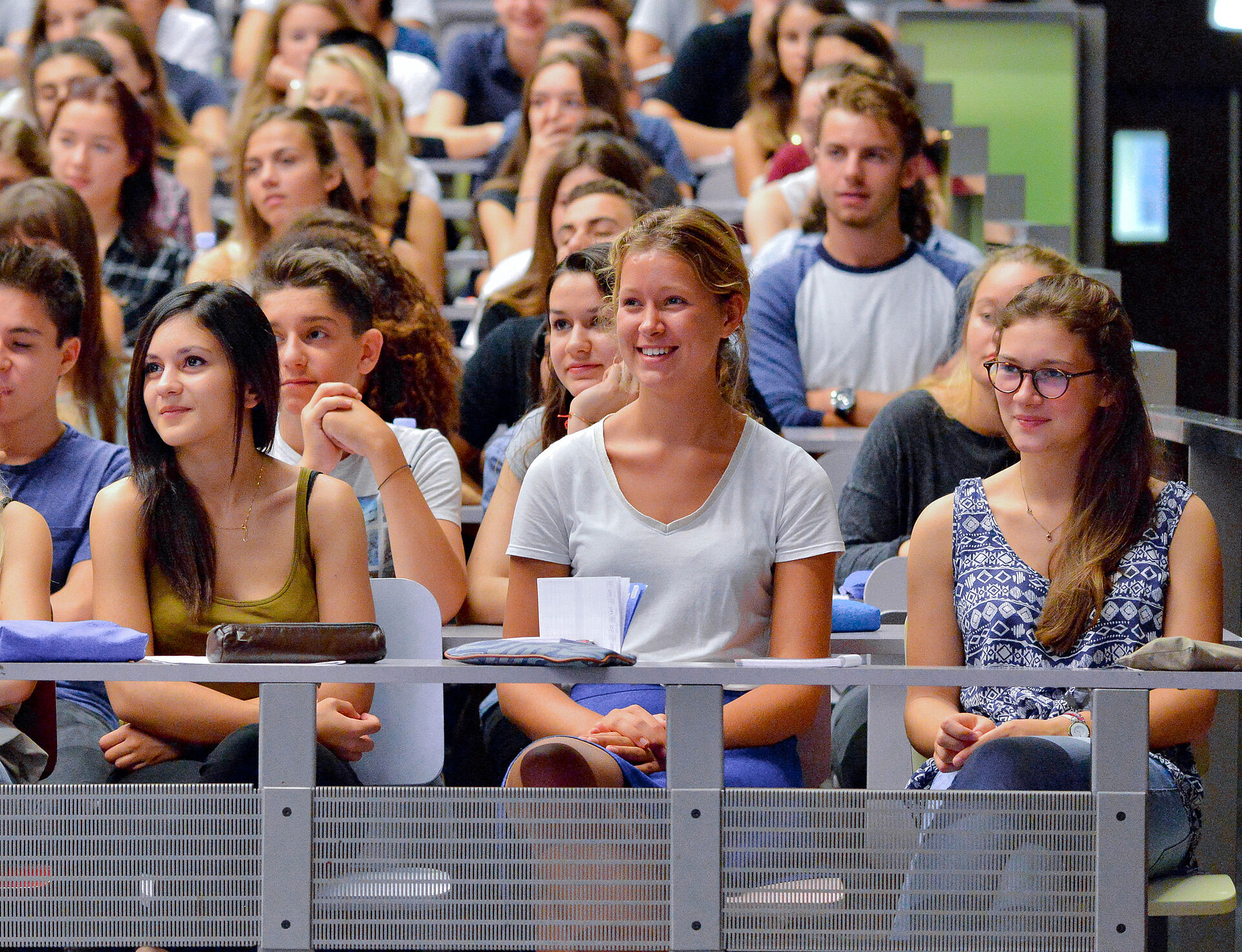Career
Upon completion of this program, students may pursue careers in the following areas:
Energy industries (producers, major consumers, grid operators, intermediaries, suppliers)
Companies that produce and/or consume energy
Banks, financial and investment institutions
International organizations
Government ministries
Regulatory bodies
Consulting firms
Project management
Research, with the possibility of pursuing a PhD (23 research chairs and numerous partnerships)
Alumni Testimonials

What academic route did you take, in terms of school and university studies?
After 2 years of preparatory classes, I began my studies at ECE Paris (Ecole d’ingénieurs - engineering school), where I chose subjects relating to energy and the environment. I was more oriented towards nuclear technology, partly due to the internships I had completed.What stands out about your experience at Université Paris Dauphine – PSL?
I remember the variety on offer at Dauphine, specifically in terms of the different options available within the Master’s Degree programs. In fact, the students’ backgrounds are also very diverse. It was interesting and enlightening to meet people from different backgrounds, who had not necessarily come from an engineering background.What did you gain from the Master’s Degree program?
My engineering studies were mainly focused on electricity generation methods (designing wind, solar or biomass energy installations, thermal or nuclear power plant operations, etc.) but did not cover the links between these different production methods, namely electricity networks and energy markets. The Master’s Degree program enabled me to learn about all the different economic and financial aspects relating to the energy sector that I wasn’t aware of before, and in particular led me to specialize in the electricity sector, thanks to the optional courses it offered. It also lent consistency to my academic studies as a whole by consolidating my academic experience.What career path did you choose after completing the Master’s Degree?
After graduating, I began my professional career as a Production Optimizer at EDF. This entailed developing daily (the night before for the next day) and intra-daily (real-time) operations programs for EDF’s nuclear, thermal and hydraulic production facilities. After gaining 4 years of experience within Operations, I am now a Project Officer in charge of developing and representing the EDF Group’s positions within institutional and European bodies on the subjects of the adaptation mechanism and upstream-downstream balance.
AURIANE BRUSSEAUX
PROJECT OFFICER, DEVELOPING AND REPRESENTING EDF GROUP POSITIONS - CLASS OF 2015

What academic route did you take, in terms of school and university studies?
After spending two years in preparatory classes for the Grands Ecoles (Ecole Normale Supérieure, Cachan D2) at the Marie Curie de Sceaux High School, I began the 3rd year of a Bachelor's Degree in Applied Economics at Université Paris Dauphine – PSL. The 1st year of a Master’s Degree in Applied Economics was the natural next step, followed by two gap year internships. I then enrolled on the Energy, Finance and Carbon program.What stands out about your experience at Université Paris Dauphine – PSL?
I found that Université Paris Dauphine – PSL offers excellent training, and the standards were high, right up to the point where you are ready to enter the jobs market. Students from the university are often appreciated for their level of technical skill, as well as for their humility.What did you gain from the Master’s Degree program?
The 2nd year of the Master’s Degree in Energy, Finance and Carbon gave me a thorough overview of the issues within the energy and environment sectors. I was also able to reaffirm my interest in modelling, through courses that called on these technical skills. The combination of university instructors and industry professionals was key both to developing subject knowledge and grasping the practical aspects of those concepts as they apply to the professional world.What career path did you choose after completing the Master’s Degree?
After completing the Master’s Degree, I joined ENGIE’s Center for Expertise in Economic Research and Modelling, which supports the group with strategy consulting. I was in this role for two years, working on modelling supply and demand within natural gas markets at a global level, to inform long-term gas price forecasts. Following this, I joined the economic consulting firm Compass Lexicon. The leader of their Energy team actually teaches on the Master’s Degree program. My core duties over the course of two and a half years involved working for large firms, regulators and governments on supply and demand modelling for electricity and gas markets, as well as regulation, arbitrage, due diligence and strategy, each with a strong quantitative element. Today I am a Gas Market Analyst on the ENGIE trading floor in Paris. My role is to provide analysis and support to the traders within the group, so that they can best optimize the value of the company’s natural gas assets, such as those relating to supply contracts, transport capacity, storage and regasification.
FRANÇOIS-YVES DUCOURET
GAS MARKET ANALYST ON THE ENGIE TRADING FLOOR - CLASS OF 2015

What academic route did you take, in terms of school and university studies?
I did the 1st and 2nd year of a Bachelor's Degree in Nanterre, then the 3rd year of a Bachelor’s Degree and the 1st year of a Master's Degree in Financial Engineering at Université Paris Dauphine – PSL. I spent my gap year within the Finance departments at EDF and (Feu) Areva.What stands out about your experience at Université Paris Dauphine – PSL?
The structure at Dauphine is both like a school and a university. You can manage your academic path exactly as you wish, which I really appreciated. I remember the many student organizations, and the group work, through which I met many of the friends I still have today. The opportunity to work in partnership with students from different academic backgrounds (Journalism, Engineering and Sustainable Development, for example) in the 1st and 2nd year of the Master’s Degree made for an especially rich learning experience.What did you gain from the Master’s Degree program?
The Energy, Finance and Carbon program laid an excellent foundation in terms of understanding the major issues within the energy sector: its role as the “engine” of our economy, the different markets within it and how they interact, the key players and the climate issue, for example. You leave the program with a good overview of the different challenges you will face in the future as you go through your professional life, as well as a variety of tools to help you address those challenges.What career path did you choose after completing the Master’s Degree?
I began working in a fund specializing in solar technology in Africa. I then worked as an analyst at Valorem, a French IPP, for 3 years. I have now been an Associate at Finergreen for almost 3 years, which provides advice for organizations on energy transition, covering various topics in the areas of finance (Project Finance, M&A and Fund-raising, for example) and strategy.
CYRIL KATCHOURINE
ASSOCIATE AT FINERGREEN - CLASS OF 2015
